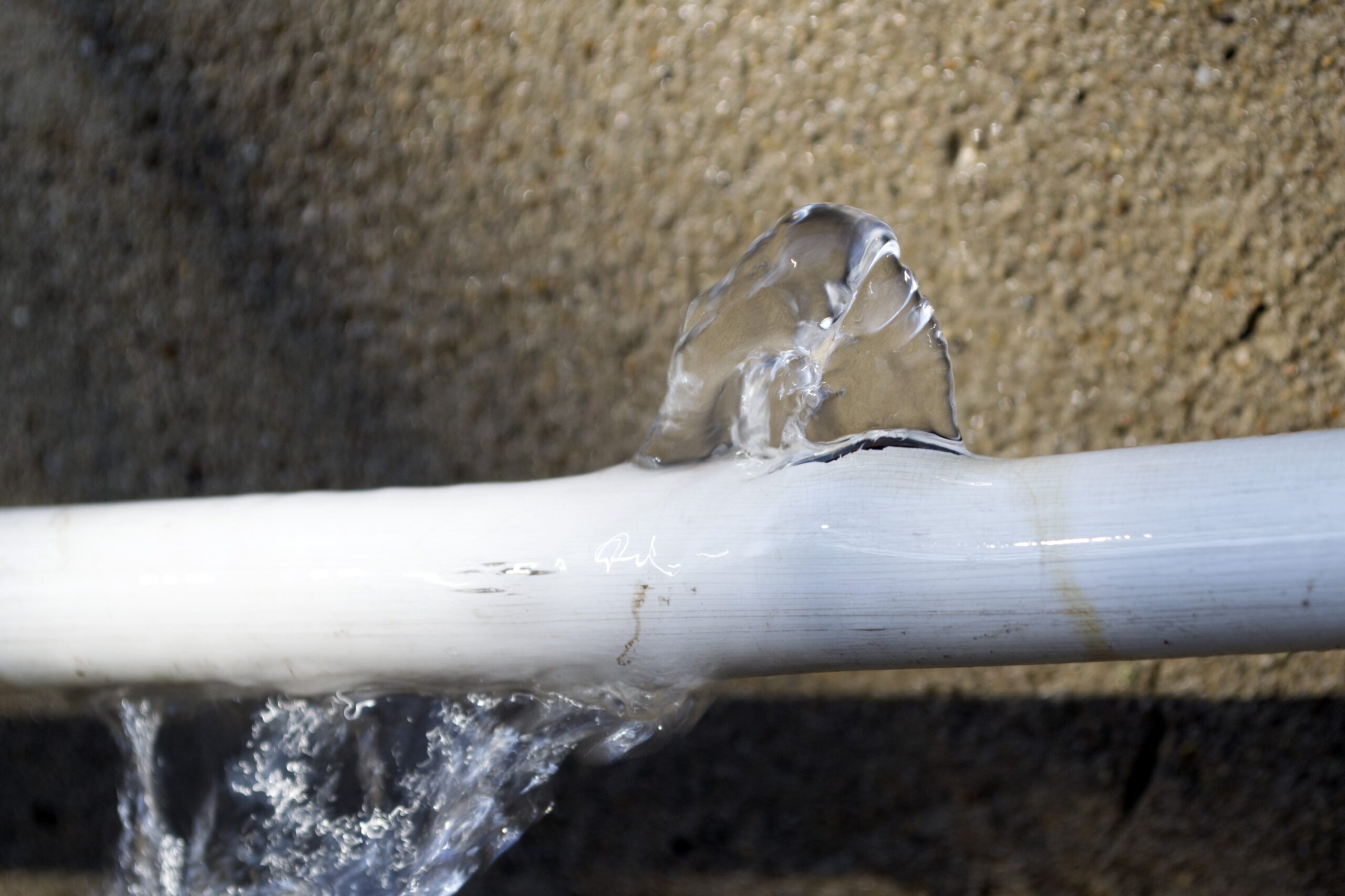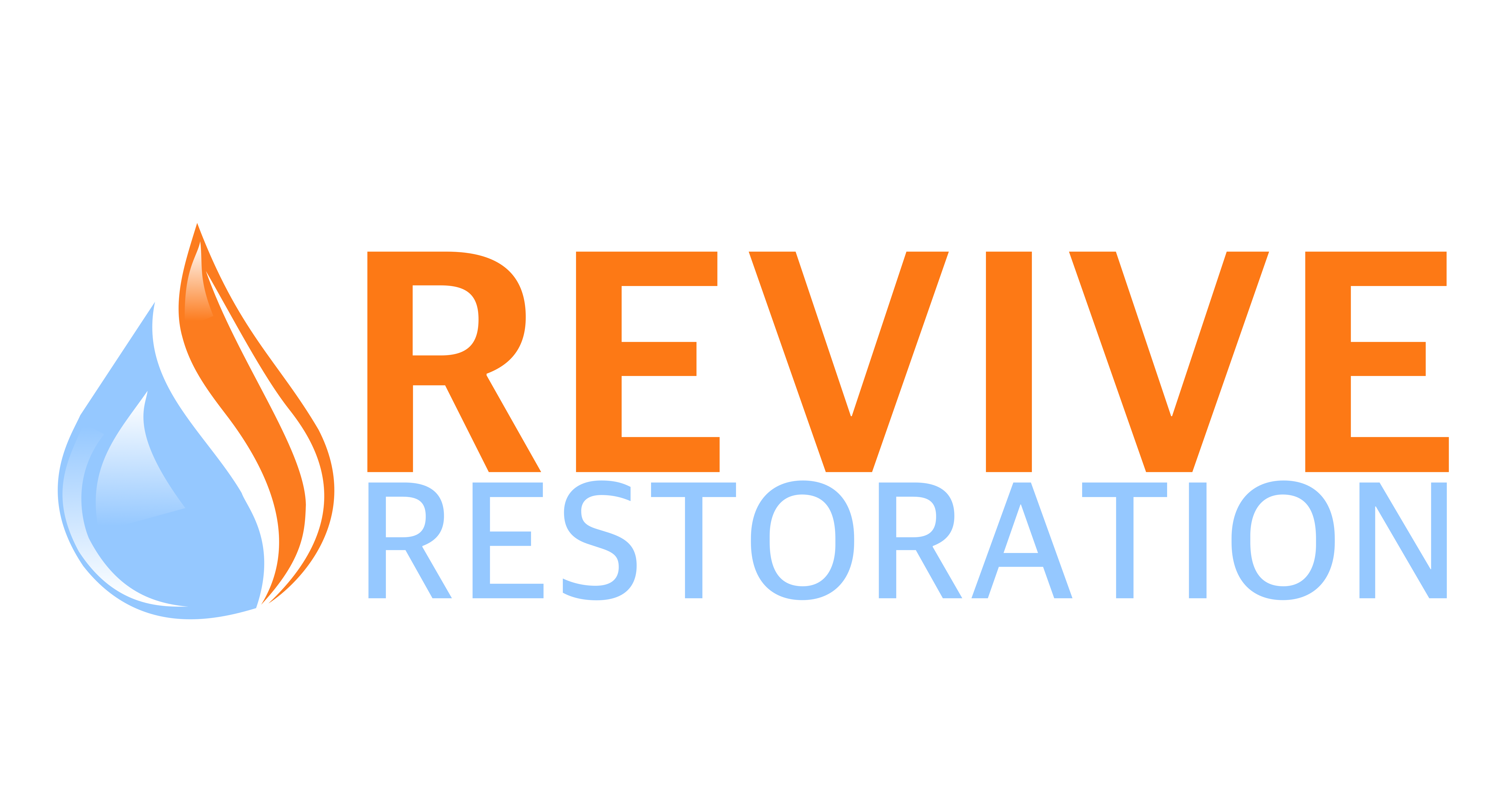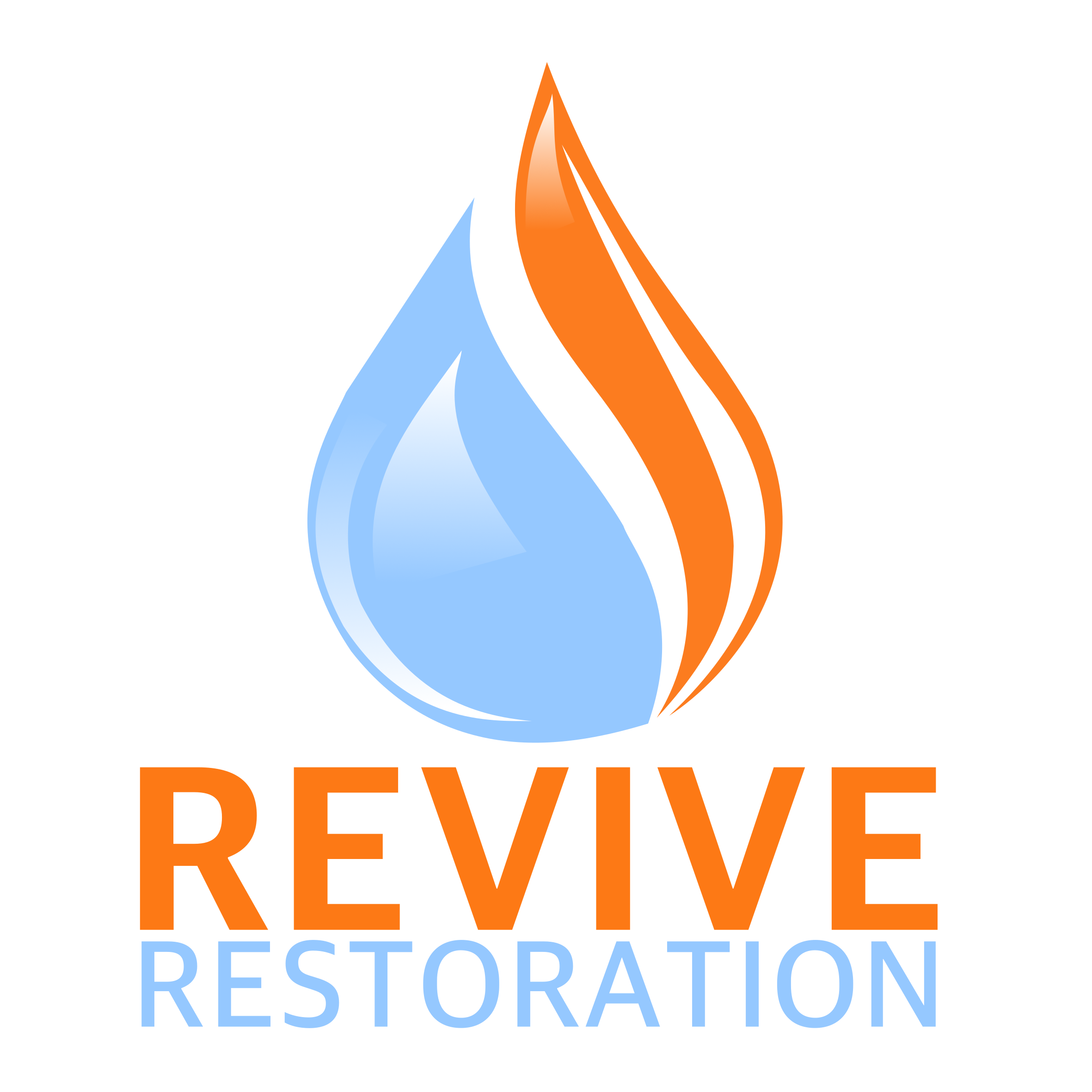
Water Damage During Colorado Winter
Water damage can be an unexpected gift that shows up when you least expect. Winter is no exception, frozen leaky pipes can crack and cause a plethora of water damage to your home or office. Colorado’s winter can be a tricky period, check regularly for any excess moisture and accumulation of water on your property.
Since it’s chillier now and moisture levels are flu because inside due to the heater being on more often and drafts grip at anything in which they can find, all of this leads to a higher risk of water damage during winter.
When discovering water damage, the first question that can come to your mind is how much the repair will cost? Take a deep breath, we are here to help you and reassure you that we got your back.
According to the Insurance Information Institute, be ready for the unexpected even before the damage arrives. Winter storms caused a record $15 billion in insured losses in 2021, according to Aon. Winter storms include snow, ice, freezing and flooding.
From diverse insurance policies sources, water damage from freezing pipes is generally protected by a property owner’s insurance dwelling coverage. The standard property owner’s insurance policy’s dwelling coverage usually assists with hail and wind impact, however may not cover damages caused by ice and snow.
Winter hazards may result in dealing with property owner’s insurance claims. Here’s the way to shield against common winter damages that could be up to $27,000 on average.
What to Expect Regarding Home Insurance with Water Damage?
-
Frozen Pipe Burst
It’s important to take steps to prevent any water damage from happening in the first place by making sure there aren’t any leaks in your pipes. As a property owner, you should know about the common reasons for water pipes to burst.
Often from excessive and prolonged high water pressure, low water pressure, sudden change in temperature, ice dams, frozen pipes will tend to burst. When water pipes burst, it can cause substantial damage to your property.
From insurance claims, in the United States, there were over 2.7 million water pipe bursts in 2021 that caused significant damages. Water damage and freezing is the second most common home insurance claim. Preventing these bursts can be difficult, however you can take measures and avoid costly repairs.
Frozen pipe bursting is usually covered by your property owner’s insurance. However, as a result of this might be a preventable downside, you’ll have to pay the repairs out of pocket if your insurance company concludes that your maintenance failure caused the damage.
-
Leaks Through the Roof During Snowstorms
In a snow storm, snow can come in through the roof, windows and doors. With melting snow, avalanches of snow can push poor weather-sealed doors off their frames, making an opening for water to penetrate the structure.
A good way to prevent leaks from happening is to always make sure the gutters are free from any obstructions or lots of leaves and brush. Occasionally check for cracks, damaged shingles or fascia boards, checking for dirt deposits around your roof’s drip edge. Finally, regularly inspect all drains and pipes on your property, looking for even minor cleanings or repairs that are required along with other sources of infiltration indicated by stains on basement walls.
If ice forms on your gutters and prevents proper runoff, it could freeze and back up directly into your home or office. Damages ensuing from water oozing into your property might not be covered, depending on whether the underwriter deems you accountable for failing to take care of your home or office properly.
And other hazards could also happen anytime of the year, be aware of the eventual common water damage claims below:
-
Washing Machine or Dishwasher Overflows
Most likely, a dishwasher could flood your kitchen or washing machine could overflow into the basement or other areas in your property. Water damage is sneaky. It stops once it leaves, but it takes just minutes for it to wreak havoc on close environments. Removing water promptly will prevent growth of bacteria in porous materials like wood or hard water deposits inside electronic equipment.
A lot of people underestimate the scope of a flooded home or business. The initial flood is only half the equation. Removing all material that should remain dry is crucial for any successful water damage restoration project.
-
Sewer Backup
Whether it is determined that a leak or clog is responsible, both are expensive and time-consuming to repair. When this happens and will result in heavy sewer backup in your home’s basement, it is important that you know how to handle the situation.
Due to groundwater being available at all times underground, You never know if the sewer pipe under your house might spring a leak at some point in the future. That’s why maintaining the cleanliness of trap valves and seal valves on a regular basis is vital for preventing heavy sewer backup when these spills occur.
-
Water Beneath the Home Foundation Seeps into the Basement
As most of us can imagine, when water leaks into your basement, new and old furniture is at risk. Walls inundated with water due to failures in the foundation. The top layer of a home or office’s foundation typically has a dam to maintain a level amount of space between the property and the ground outside. Consequently, some property owners have found themselves with flooding in their basement even though they aren’t extremely close to lakes or seas.
The idea of water damage is exhausting. And when it comes to insurance, this could also mean a lot of cash out of pocket. It’s also a great chance for property owners to spruce up the walls with water-resistant paints and stain repellent primer. Even though, sometimes, not everyone knows if your property policies cover water damage or what kind of deductible may be involved. Be sure to have a basic understanding of your property owner’s insurance. Don’t let winter weather catch you off guard and uncovered. Compare home insurance policies and take steps now in order to shield your valuable property.
If you notice anything out of the ordinary, call us now at (720) 340-3499. We are dedicated to serving you so that you may focus on what’s most important in your life again. We will provide you with the peace of mind that comes with knowing you have someone there for you during this time of stress and worry.

